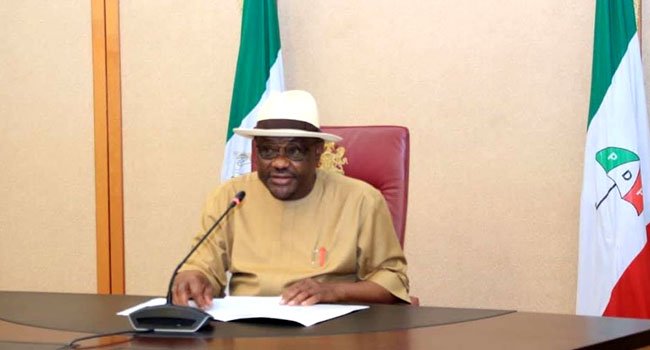Stephen King’s “It” has always been a tough nut to crack. Though the mammoth novel has been reduced to a few indelible …
Stephen King’s “It” has always been a tough nut to crack. Though the mammoth novel has been reduced to a few indelible images and quotes over the decades — a killer clown, a balloon, “you’ll float too” — King’s story of seven youngsters who come of age while confronting a shape-shifting demonic presence in small-town Maine, then come home as adults to deal with its return, is quite a lot of things. It’s a messy, druggy attempt to distill decades of horror tropes into a chaotic fever dream; a portrait of a fictional town as obsessively mapped as Joyce’s Dublin; a meditation on childhood, trauma, and forgetting; “In Search of Lost Time” bloodied up for the grindhouse.
The second attempt to adapt King’s 1,100-page doorstop for the screen, director Andy Muschietti’s “It” is also a lot of different things. Focusing entirely on the childhood-set portions of King’s book, it’s a collection of alternately terrifying, hallucinatory, and ludicrous nightmare imagery; a sometimes jarring pileup of moods, ranging from haunted house horror to nostalgic hangout humor; a popcorn movie about gruesome child murders; a series of well-crafted yet decreasingly effective suspense setpieces; and a series of well-acted coming-of-age sequences that don’t quite fully mature. “It” looks poised to make a killing at the box office, but there’s a fundamental hollowness that haunts the film just as surely as the titular monster haunts this small town.
Perhaps that’s inevitable, as the film is incomplete by design, punting one half of its source material to a potential sequel — and considering the film’s pre-release tracking numbers, that sequel looks like a safe bet. Much like Quentin Tarantino’s first volume of “Kill Bill” offered a delirious yet morally unmoored mixtape of kung-fu spectacle, only for the second installment to provide the context that retroactively made it all meaningful, “It” very much feels like the flashier half of a longer story. As it stands, Muschietti (along with screenwriters Chase Palmer, Gary Dauberman and previously attached director Cary Fukunaga) has remained faithful to the book’s overall mood while diverging from its particulars, and King fans will surely appreciate the clear effort and affection that went into this adaptation, even as it struggles to become more than the sum of its parts.
|



